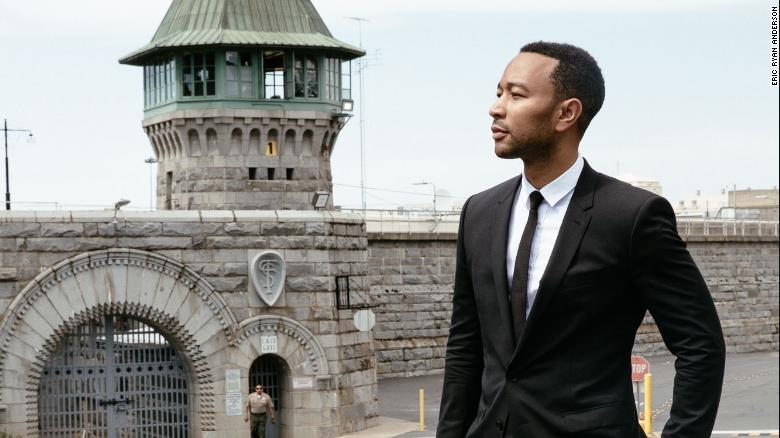 (CNN) – No one should have to stay in jail because they lack the money to buy their freedom. Yet every night, according to the Justice Department’s statistics, nearly 450,000 people who have not been convicted of a crime sit in jail, a large number trapped there simply because they don’t have enough money to post bail.
(CNN) – No one should have to stay in jail because they lack the money to buy their freedom. Yet every night, according to the Justice Department’s statistics, nearly 450,000 people who have not been convicted of a crime sit in jail, a large number trapped there simply because they don’t have enough money to post bail.
For many, even a relatively modest bail amount is out of reach. Moreover, research shows that on average, black people are assigned higher bail amounts than other defendants arrested for the same offenses. Simply put, it is wrong to be forced by poverty to face an extensive stay in jail while awaiting a court date — separated from children, family and home, and running the risk of losing employment.
If you believe TV crime shows, you might think that commercial money bail emerged as a solution to a problem of justice: a service that reasonably aided people in paying bail — the deposit that defendants leave with the court as collateral for their promise to appear at trial. The actual history: the first commercial bail bond business started in 1898 in San Francisco and functioned as a corrupt payoff racket among crime bosses, judges, lawyers and police.
This history is consistent with the reality of money bail today. If you are wealthy, you can post the bail amount and walk free, whether or not you pose a threat to society. But if you don’t have the money, regardless of how small the alleged crime, giving in to the commercial money bail industry may be your only option to avoid a months-long wait behind bars.
Recently, momentum to reform the unjust bail system has gained steam. In January 2018, a California appellate court declared that no one can be jailed because they’re too poor to pay their way to freedom. It also places stringent requirements on judges to demonstrate why someone should be held in jail rather than remain home with their family as they defend their case.
